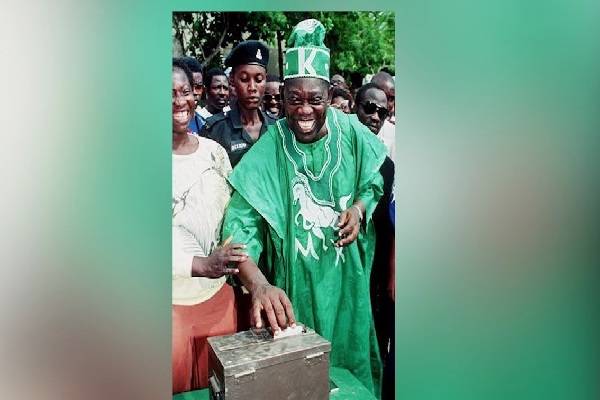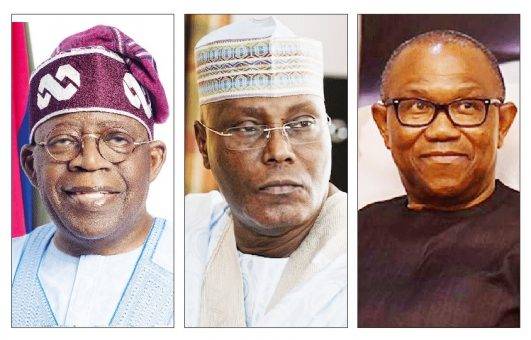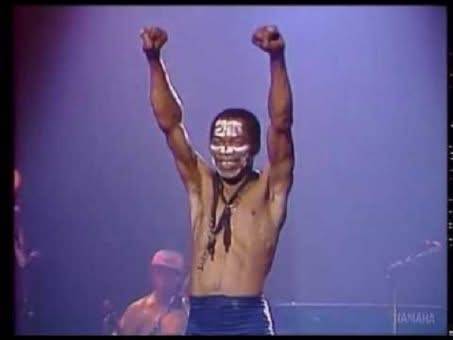Nigerian billionaire and industrialist, Femi Otedola has opened up on how banks once used enticing women to try and get his business when he was at the height of his financial power.
In his soon-to-be-released memoir titled Making It Big: Lessons from a Life in Business, Otedola gave insight into how things took a turn for him — from extreme wealth to deep debt — after several economic crises hit his businesses hard.
He explained that, there was a time his companies were doing so well to the extent that banks were eager to work with him. He said, “One moment, I was the darling of the banks, who did everything in the world to court me, do business with me, give me loans, take deposits from me.”
To get his attention, he explained, some banks sent women to charm him into accepting their offers. “They would send bewitching ladies to make their offers more convincing,” he said. But things soon took a dark turn. “Now I was waking up to the sight of hefty, barrel-chested men standing menacingly in front of my gate, waiting for the moment I’d step out of my compound.”
Otedola listed the financial blows he suffered during this period. “All told, I lost more than US\$480 million to the plunge in oil prices, US\$258 million through the devaluation of the naira, US\$320 million because of accruing interest, and another US\$160 million when the stocks crashed,” he wrote.
He described this difficult time as extremely painful: “It was devastating, like a terrible nightmare, but a nightmare would have been better: day would break, and I would wake up. There was no waking up from this.”
Otedola first gained major attention with his company, Zenon Petroleum, which started out selling diesel in drums and grew to dominate the diesel market in Nigeria.
Later, he bought African Petroleum, renamed it Forte Oil Plc, and turned it into one of the top-performing companies on the Nigerian stock market.
But in 2008, trouble began. He placed a large order for diesel when oil prices were high, at \$147 per barrel. Unfortunately, by the time the shipment arrived, the price had dropped to \$40. That huge loss, along with falling foreign exchange inflows and the naira crashing from ₦120/\$ to ₦167/\$ in 2009, led his businesses into heavy debt — with low diesel prices and high-dollar liabilities crushing his operations.













